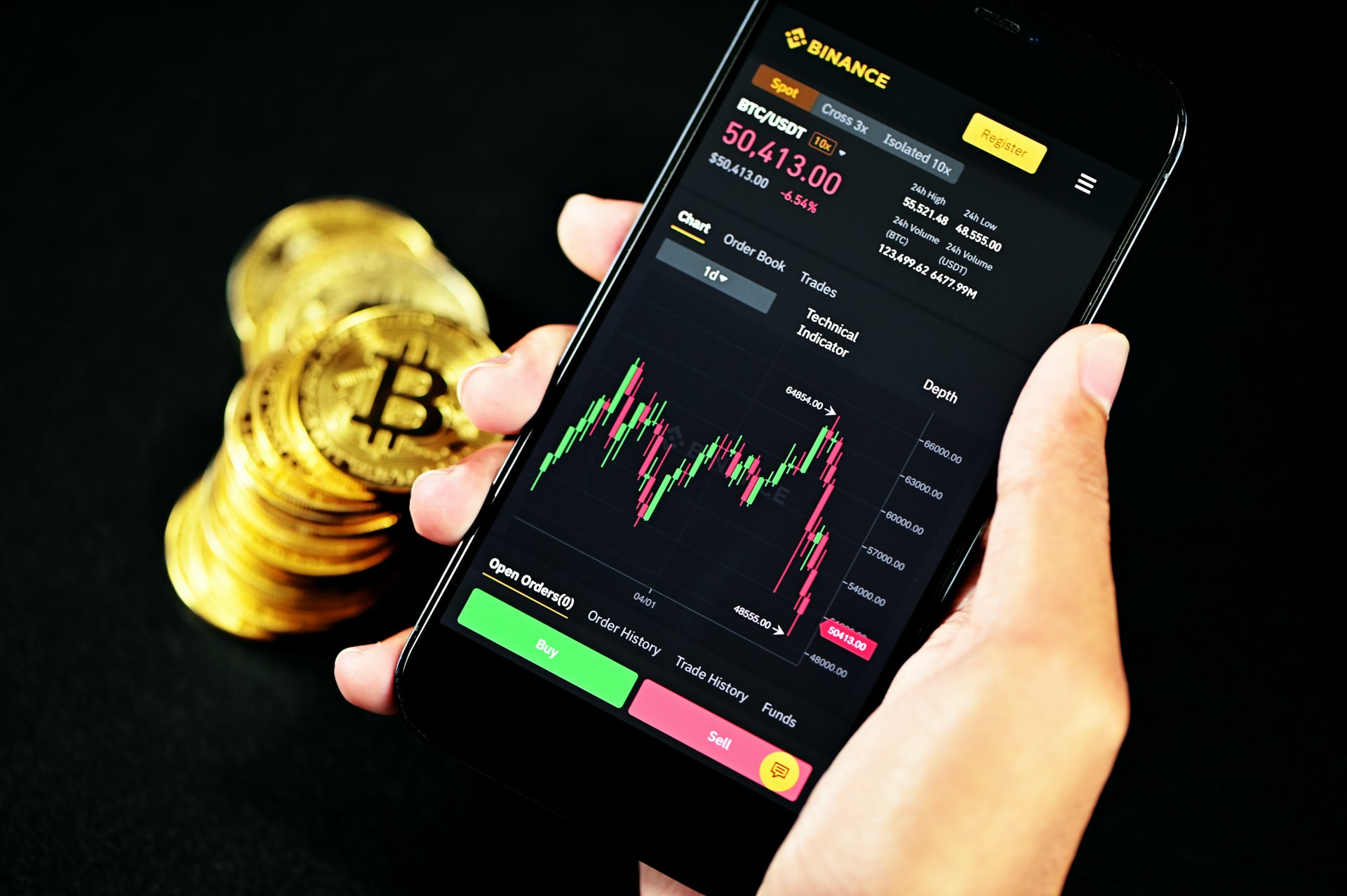Binance, operator of one of the world’s largest cryptocurrency portals, said Monday it will close its digital token exchange serving Singapore users.
The company said its subsidiary, Binance Asia Services, has withdrawn its application to the Monetary Authority of Singapore (MAS) for a license to operate a regulated cryptocurrency exchange in the city-state.
Binance.sg, a fiat currency-to-digital token trading platform, will wind down operations and close by Feb. 13, the company said, adding that it will stop accepting new registrations, crypto and currency deposits, and trading on the Singapore portal immediately.
Binance.sg users will be required to close their positions and withdraw Singapore dollar and cryptocurrency assets by that date. The company said the decision was made “taking into account strategic, commercial and developmental considerations globally.”
“We always put our users first, so our decision to close Binance.sg was not taken lightly,” said Richard Teng, CEO of Binance Singapore. “Our immediate priority is to help our users in Singapore transition their holdings to other wallets or other third-party services.”
In early September, the monetary authority ordered Binance.com, Binance’s main crypto trading platform, to stop offering services to residents in the city-state. Binance Singapore, a separate unit under the same parent company, applied for a license under Binance Asia Services and was operating under an exemption from Singapore’s financial regulator pending the outcome of that application.
It decided to terminate its application, making it just one of dozens of platforms to do so over the past year, as Singapore authorities take a cautious approach to approving new cryptocurrency players. So far, only three—DBS Vickers Securities and FOMO Pay, both based out of Singapore, and Australia’s Independent Reserve—have been listed on the central bank’s website as licensed entities.
Binance said it will refocus Binance Asia Services’ operations in Singapore to create a hub for blockchain innovation to help develop the global ecosystem for the technology that underpins cryptocurrencies. It said it will explore a number of Singapore-based initiatives, including incubation programs, blockchain education, and further investment opportunities.
Last week, Binance also announced that it was taking an 18% stake in Singapore-based Hg Exchange (HGX), subject to regulatory approval. HGX is a blockchain-based private securities exchange, founded by financial institutions such as PhillipCapital, PrimePartners, and Fundnel. In addition to shares in private companies, the platform is working to list alternative assets, including wines, art, and real estate.
“Crypto and traditional financial offerings continue to converge,” said Binance’s Teng. “Through this investment, we seek to work with HGX in enhancing offerings of products and services supported by blockchain technology.”
Like Binance, other cryptocurrency players remain keen on the Singapore market despite the apparently slim odds of receiving a license.
“A stamp of approval from the Singapore government would be significant for any digital asset business,” said Kai C. Chng, CEO and Co-founder of Digix, an asset tokenization platform built on Ethereum. “The country has been known across the region for the rule of law and [it] would give comfort both to retail and institutional customers, as well as potential businesses and other regulators across the globe, that a firm has been licensed domestically,” he said.
Todd Morakis, co-founder and partner at JST Capital, a Singapore-based financial services firm specializing in digital assets, said MAS recognizes that the unique characteristics of digital assets require enhanced regulatory oversight.
“We think clear regulatory guidance is valuable for all participants and will be good for the digital market in the long term,” he told Nikkei.
“We are encouraged by the approach the MAS has taken, in that they have recognized that there are different flavors of digital assets and different risks involved,” Morakis said.
This article first appeared on Nikkei Asia. It’s republished here as part of 36Kr’s ongoing partnership with Nikkei.

